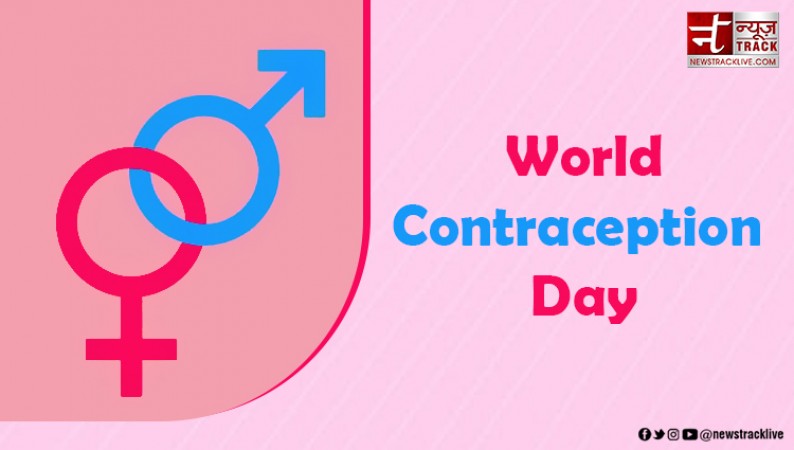
According to UN experts, every woman and adolescent girl has the right to obtain family planning services, information, and education.
Geneva Convention: According to international human rights legislation, States are required to provide family planning information and services, as well as contemporary types of contraception. The following statement was made by the experts* in advance of World Contraception Day on September 26:
“Access to family planning and contraception services, free of coercion or impediment, is a component of the right to health that is central to women’s autonomy and agency and key in the realization of women’s rights to equality and non-discrimination, life, sexual and reproductive health rights and other human rights.”
States are required to uphold and defend fundamental rights to bodily integrity, autonomy, dignity, and reproductive and sexual health, as well as to non-discrimination, equality, and privacy.
In order to exercise their right to choose whether or not to become pregnant, the number and spacing of their children, and to enjoy safe and enjoyable sexual experiences without the risk of unexpected pregnancies, women and adolescent girls can use contraceptives. Adolescent girls who use contraception have better financial possibilities and access to greater educational opportunities.
Today, more women (or their partners) than ever before use contraceptive techniques globally. Despite significant advancements in family planning over the past few decades, access to contraception is still inconsistent and insufficient. According to WHO estimates, one in ten women of reproductive age—roughly 270 million people—have unmet family planning needs, and more than 200 million women who want to avoid pregnancy do not use modern contraception because of a variety of obstacles.
Due to lockdowns, service interruptions, stockouts, financial challenges, and an increased risk of gender-based violence, including sexual violence, the COVID-19 pandemic has put women and adolescent girls at elevated direct and indirect risks of unintended and unsupportable pregnancies. According to UNFPA projections, 1.4 million unwanted births may have happened in 2020 across 115 low- and middle-income countries and 12 million women may have lost access to contraception after one year of the pandemic. These restrictions have appeared in addition to the long-standing impediments such as lack of access to contraceptive information, incomplete sex education, and damaging gender stereotypes and conventions.
As part of their COVID-19 pandemic response, States must continue to offer confidential access to gender-responsive sexual and reproductive health services, including modern methods of contraception, safe abortion, and post-abortion services. This is in accordance with the Committee on the Elimination of Discrimination Against Women's recognition of sexual and reproductive health as entailing essential services.
Contraception is not always as effective as claimed, as has been shown in numerous occasions, and governments and private businesses should be held liable when substandard contraceptives are distributed. Additionally, contraception often fails, making access to safe and legal abortion services essential for protecting the rights of women and girls to sexual and reproductive health.
We regret that emergency contraception is frequently prohibited, severely restricted, or just not given priority. Emergency contraception and safe abortion methods should be routinely made available to sexual assault victims/survivors when a pregnancy develops. The lack of this established practice constitutes a violation of women's human rights.
"On World Contraception Day (26 September) and International Safe Abortion Day (28 September), we call on States to live up to their legal obligations under current human rights standards, decriminalise abortion, repeal laws prohibiting access to emergency contraception and ensure respect for and protection and fulfilment of sexual and reproductive health rights, including through the systematic inclusion of comprehensive and scientifically based sexuality education in all school curricula, also in the midst of the COVID-19 pandemic”.
South Korea fears that North Korea may test a ballistic missile from a submarine
UAE's first metaverse project 2117 launches inspired by the vision of Dubai's ruler